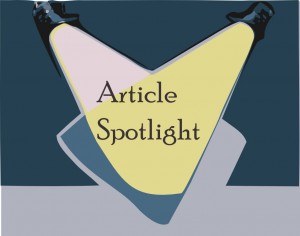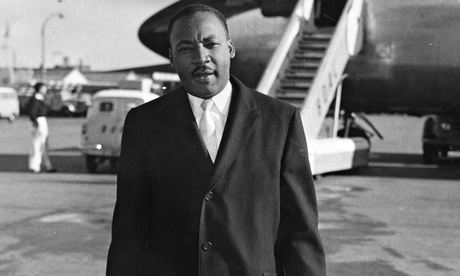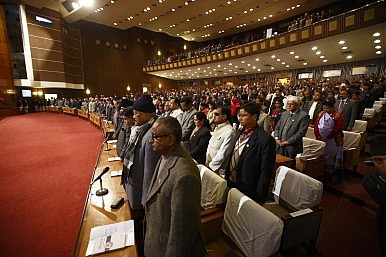 Read on for Article Spotlights from the SEN Archives focusing on nationalism-related issues raised in SEN News Bites over the last several weeks.
Read on for Article Spotlights from the SEN Archives focusing on nationalism-related issues raised in SEN News Bites over the last several weeks.
Alexander Shvarts’s piece considers Soviet Jewish diaspora identity in Canada:
Alexander Shvarts, Soviet Jews in Toronto: Ethnic Self-Identity and Issues of Integration, Volume 13, Issue 1, 2003, pp. 38-55.
The purpose of this paper is to determine whether a Jewish ethnic group, suchas the Soviet Jews in Toronto, that contains both strong ethnic and some religious components will be more likely to assimilate into Canadian society or retain their ethnic identity. The paper is based on interviews with a group of thirteen Russian Jews who emigrated to Canada from the Soviet Union.
Emma Haddad’s essay deals with how the refugee’s outsider status interacts with the boundary-forming function of the modern nation-state.
Emma Haddad, The Refugee: Forging National Identities, Volume 2, Issue 2, 2002, pp. 23-38.
Refugees are the side-effect of the creation of separate nation-states, moreover of nation-states that have failed to enforce a system of substantive sovereignty that would ensure the protection of all their citizens. Refugees are therefore anomalies in the system of nation-states and challenge the assumption that all individuals belong to a territory. The refugee’s identity is forged precisely by his or her lack of belonging, his or her status as an ‘outsider’.
Ramón Máiz’s piece considers how the particularly structuring of multi-national states as well as specific party organization features can benefit secessionist or separatist groups.
Ramón Máiz, Making Opportunities: Contemporary Evolution of Galician Nationalism in Spain (1982–2001), Volume 3, Issue 2, 2003, pp. 20-34.
This article shows that the fact that the Bloque Nacionalista Galego went from being a marginal force to the second largest regional party in the Galician autonomous parliament was due both to the favourable political opportunity structure of the new institutional setting of the Spanish state of autonomies and also to its outstanding capacity for a multilevel organization, charismatic leadership and effective mobilisation repertories, together with the moderation of its initially radical nationalist discourse. Particularly, a successful strategy of frame realignment allowed it to connect with the overlapping and dual Galician-Spanish identity of most Galician voters.
Article Spotlights compiled by Shane Nagle.





